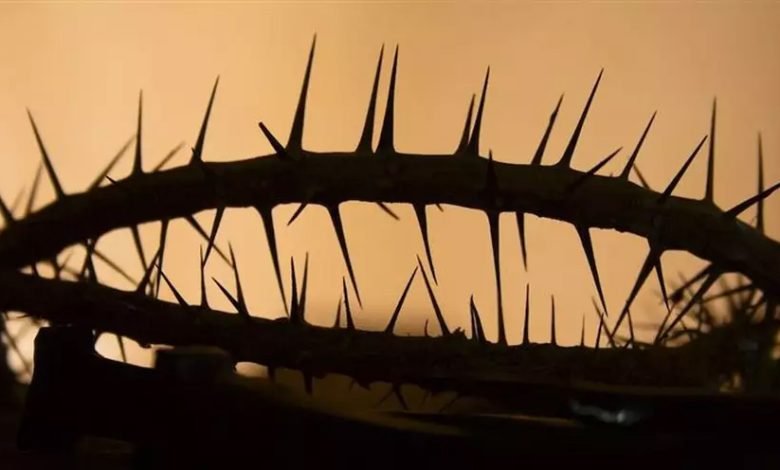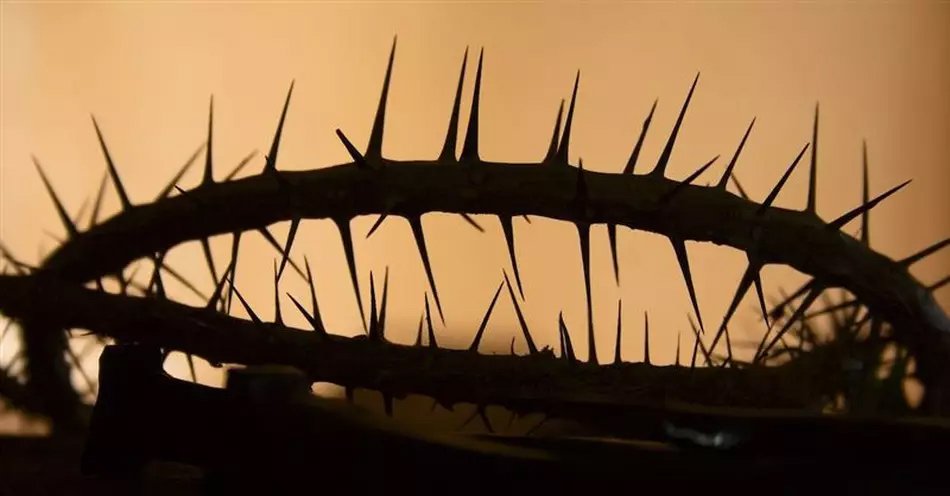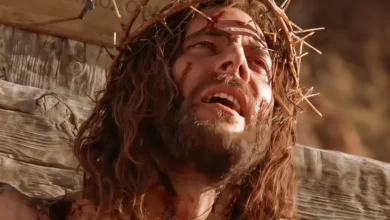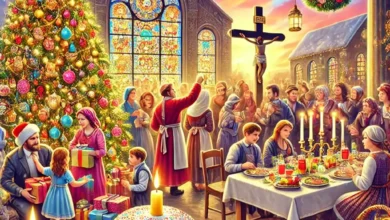
What’s So Good about Good Friday?
Good Friday, which is the Friday before Easter, is the day Christians commemorate the crucifixion and death of Jesus Christ on Calvary. This Christian holiday is also known as Holy Friday, Great Friday, Great and Holy Friday, and Black Friday.
For Christians, Good Friday is an important day of the year because it celebrates the most important weekend in world history. Ever since Jesus Christ died and rose again, Christians have declared the cross and resurrection of Jesus to be the decisive turning point for all of creation. In the first letter of the Corinthians, chapter 15, verse 3, the apostle Paul considers this event “the most important thing” that Jesus died for our sins, was buried, and according to God’s promise in the Bible, he rose from the dead on the third day.
(1 Corinthians 15:3-4) “For what I received I passed on to you, as it is of the first importance; That Christ died for our sins according to the Scriptures, that He was buried, that He rose on the third day according to the Scriptures.”
On Good Friday, we remember that Jesus Christ willingly suffered and died on the cross as the ultimate sacrifice for our sins (1 John 1:10). It is followed by Easter, the glorious celebration of the day Jesus Christ rose from the dead, proclaiming His victory over sin and death and pointing to the future resurrection for all who believe in Him (Romans 6:5).

Why is it called “Good Friday”?
However, why do we call the day of Jesus Christ’s death “Good Friday” instead of “Bad Friday” or something similar? Some Christian traditions take this approach: for example, in German, this day is called Karfreitag, or “Friday of the Sad”. In English, the origin of the term “Nick” is disputed: some believe it evolved from an older name, “God’s Friday.”
Regardless of its origins, the name “Good Friday” is entirely appropriate because Jesus’ suffering and death, as gruesome as it was, was the dramatic culmination of God’s plan to save His people from their sins.
In order for the good news to make sense to us, we must first understand the bad news of our condition as condemned sinners. The good news of salvation only makes sense when we see how we were captured. In other words, it is essential to understand and distinguish between the law and the good news in the Bible. We first need Sharia to show us how desperate our situation is; Then, the gospel of the grace of Jesus Christ brings us peace and salvation.
Likewise, “Good Friday” is “good” because, as horrible as that day was, it had to happen in order for us to receive the “joy of Easter.” God’s wrath against sin had to be poured out on Jesus, the perfect sacrificial substitute, so that forgiveness and salvation could flow to the nations. Without that terrible day of suffering, sorrow and blood on the cross, God could not be both just and “forgiving” to those who believe in Jesus (Romans 3:26). Paradoxically, the day that seemed to be the greatest victory of evil was actually the fatal blow in God’s wonderful plan to save the world from slavery.
The cross is where we see the convergence of God’s great suffering and forgiveness. Psalm 85:10 sings of a day when “truth and peace” will “kiss” each other. The cross of Jesus is where this happened, where God’s demands, his justice, coincided with his mercy. We receive divine forgiveness, mercy, and peace because Jesus willingly bore our divine punishment that results from God’s justice against sin. “Because of the joy that was set before him” (Hebrews 12:2). Jesus endured the cross on Good Friday, knowing that it would lead to his resurrection, our salvation, and the beginning of God’s reign of justice and peace.
When is Good Friday?
In 2024, Good Friday will be Friday, March 29.
Good Friday is always the Friday just before Easter. As part of Holy Week, Good Friday is five days after the Christian holiday of “Palm Sunday,” which commemorates Christ’s triumphal entry into Jerusalem.
Read more about upcoming Good Friday dates and Holy Week timeline.
Good Friday in the Bible
Prophecy about Good Friday: “But he was wounded for our transgressions, and he was broken for our sins. The discipline of our health was upon him, and by his wounds we are healed.” (Isaiah 5:53)
The events of Good Friday are recounted in all four Gospels of the New Testament. According to the Gospels, Jesus was arrested in the Garden of Gethsemane after the Last Supper with his disciples. He was then tried before Pontius Pilate.
“So a group of soldiers, led by them and the Jewish guards, took Jesus. They bound him and first took him to Annas, who was the father-in-law of Cephas, the high priest of that year. Cephas was the one who said to the Jewish leaders: “For you It is better for one man to die for the people than for the whole nation to perish.” (John 14:12-18)
Today in the article : What’s So Good about Good Friday? We reviewed useful information about the Bible and the way of Jesus. If you wish, you can view other articles of Ali Vahidi about Christianity





